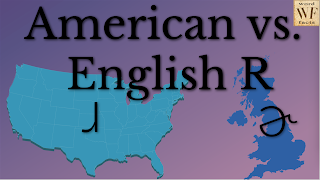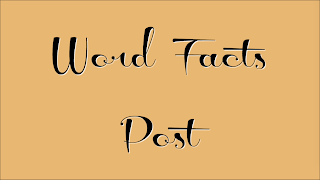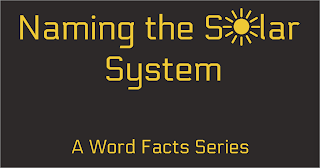1721: Inclusive Counting Aug 31, 2019
Numbers, and therefore counting, may seem to be fixed, but this is only half true. Numbers are objective, but there are multiple ways of counting, and there is evidence to suggest that inclusive reckoning (i.e. counting, usually days, including the first and/or last day) was more common in the past than the alternative. The Egyptians, Greeks, Romans, and Israelites all counted like this, which we know from written works, mostly describing time. A clear example is with the ' nones ' (from the root word of 'nine') of the month being the 8th day, or that the period between Olympic games, which happen every 4 years, was called the pentaeteris, from 'pent' ('five'). This also shows up in the Bible and in musical notations, which will be explored over the next few days. If you know of any yourself, write a comment.



